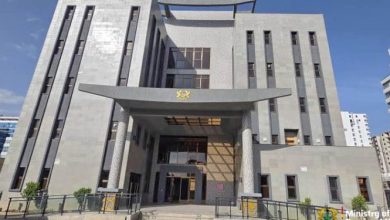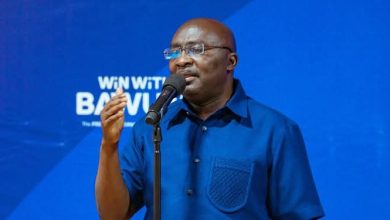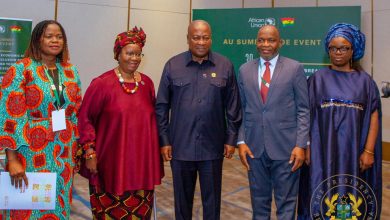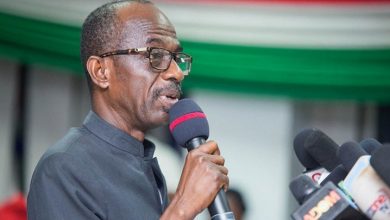Biggest gold producer status will enhance Gold for Oil Policy – Jinapor
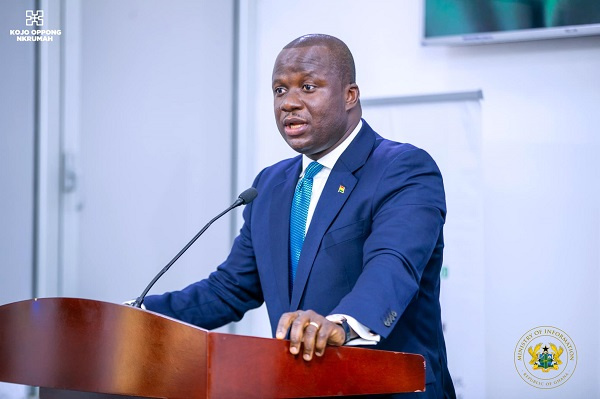
Ghana’s current status as the largest gold producer in Africa will ensure more effective implementation of the Gold for Oil Policy, the Minister of Lands and Natural Resources, Samuel Abu Jinapor, has indicated.
He said the current status will enable the country to leverage its gold resource through a much more competitive trade to help stabilise the local currency while delivering cheap oil for its citizens. This was contained in a press statement released by the Ministry of Lands and Natural Resources on Monday, June 12.
Gold for Oil policy
Last year, a new policy dubbed Gold for Oil (G4O) was announced to allow the government to pay for imported oil products with gold, in a direct barter with gold purchased by the Central Bank.
The move, as explained, is an intervention to help stabilise prices of fuel products, as well as reduce pressure on Ghana’s foreign exchange, as the direct gold barter would be the mode of paying for imported oil instead of depleting the foreign exchange reserve.
Number 1 spot
Ghana has regained its position as the number one gold producer in Africa after losing its position to South Africa in 2021 due to a drastic fall in output.
Gold production by large-scale mining companies operating in the country increased from 2.72 million ounces in 2021 to 3.08 million ounces last year while exports from the small-scale sector rose from 98,001 ounces in 2021 to 655,656 ounces in 2022.
Policies and programmes
According to the minister, the success is due to some policies and programmes implemented by the Akufo-Addo government.
For instance, he mentioned the revival of AngloGold Ashanti’s Obuasi Mine in 2019 and the Bibiani Mine in 2022.
“The revival of these two mines, the expansion of output by some existing mines, and the reduction of the withholding tax rate on unprocessed gold by small-scale miners, which was introduced in 2015, from three per cent to one and a half per cent, have contributed significantly to Ghana’s new position on the continent,” Mr Jinapor, who is also the Member of Parliament for Damongo, said.
Last year, he recounted that the AngloGold Obuasi Mine increased its gold production by 132 per cent from the previous year, while the Bibiani Mine, which had not produced gold in the last seven years, contributed over 52,000 ounces to the country’s gold output.
That same year, Mr Jinapor noted that gold export from the small-scale sector also increased by nearly 570 per cent as compared to the previous year.
In the next two years, he envisaged that gold production in Ghana will increase exponentially with the coming onstream of three new large-scale mining operations, namely, Cardinal Resources Namdini in the Upper East Region, Azumah Resources in the Upper West Region, and Newmont Ahafo North in the Ahafo.
Assurance
Gold continues to be the bulwark of the Ghanaian economy, contributing some US$ 6.6 billion in export receipts last year.
Mr Jinapor, therefore, assured that the government will remain committed to increasing the contribution of the mining industry to the local economy through local content and local participation, as well as value addition to minerals mined.
He further expressed gratitude to the Ghana Chamber of Mines for their collaboration and partnership in achieving this feat.
“Government, through the Ministry of Lands and Natural Resources, will continue to work with the Chamber, and all other stakeholders, in the spirit of transparency, integrity, and utmost good faith, to ensure optimal benefits from our mineral resources, particularly, through value addition,” the minister assured.






